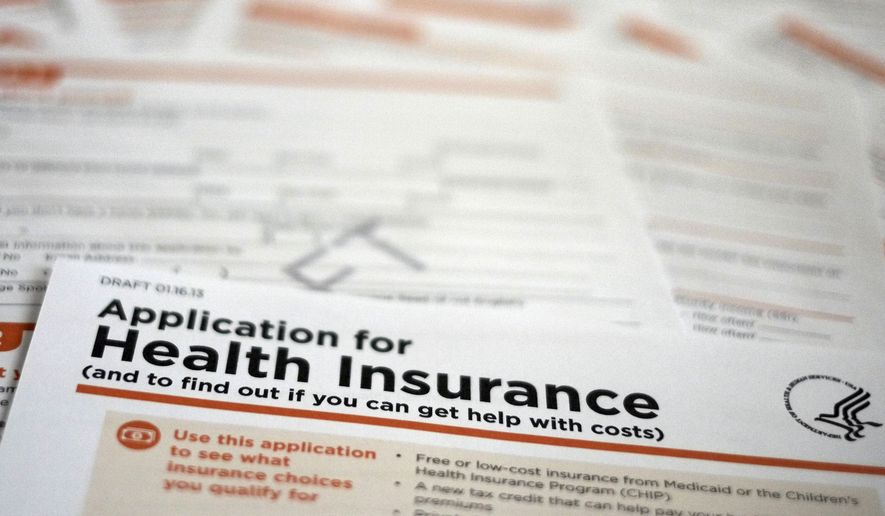Medicare continued paying for HIV-related drugs for 158 patients even after they died in 2012, according to a new watchdog report being released Friday that suggested the problems could extend well beyond AIDS drugs to include all pharmaceuticals covered under Medicare’s prescription drug benefit.
That could mean Medicare is paying for drugs for literally tens of thousands of patients who are already dead.
The Health and Human Services inspector general said Medicare currently allows payments for drugs even if they are dispensed after a beneficiary has died — something that, when it came to HIV drugs, happened more than 150 times in 2012.
“Drugs for deceased beneficiaries are clearly not medically indicated, which is a requirement for Part D coverage,” investigators said. Medicare Part D is the official name of the program’s prescription drug benefit, which President George W. Bush signed into law in 2003.
Medicare is the government’s health insurance program for senior citizens. It is one of the most rapidly growing large government programs, surging along with aging Baby Boomers.
Medicare made two separate purchases of three drugs each for a Miami man even after his death, according to investigators who said that bill came to $7,610. Another beneficiary in Michigan was taking six HIV drugs. Two different doctors ordered prescriptions for that dead beneficiary, totaling $5,616 in costs.
Part of the problem is that Medicare allows a 32-day window to pay for drugs, to accommodate some pharmacies’ billing records. But investigators said there is no reason to pay for drugs after the patient needing them has died.
The investigators said that while they looked at HIV drugs, the issue was likely a problem throughout Part D, since the entire program followed the same rules.
“Considering the enormous number of Part D drugs, a change in practice could result in significant cost savings for the program and for taxpayers,” the investigators concluded.
In an official response, the Centers for Medicare & Medicaid Services agreed it needed to change. The agency said it’s already had preliminary talks with the drug industry about cutting down the 32-day window.
“CMS will continue discussions with the industry with a goal of reducing the margin to the absolute minimum given current industry billing practices and system constraints,” said Marilyn Tavenner, the CMS administrator.
She also said that if investigators provided data on the botched payments, the agency would try to get it corrected with the pharmacies.
• Stephen Dinan can be reached at sdinan@washingtontimes.com.




Please read our comment policy before commenting.